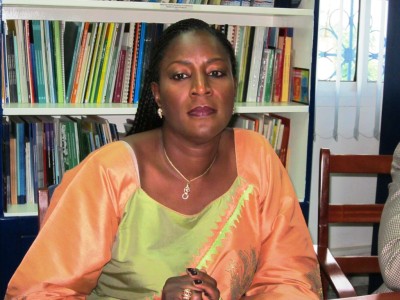The World Health Organisation (WHO) announced on Friday, October 6, 2017 that it has delivered nearly 1.2 million doses of antibiotics and released $1.5 million in emergency funds to fight plague in Madagascar.

“Plague is curable if detected in time. Our teams are working to ensure that everyone at risk has access to protection and treatment. The faster we move, the more lives we save,” said Dr. Charlotte Ndiaye, WHO Representative in Madagascar.
The UN body has delivered 1,190,000 doses of antibiotics to the Ministry of Health and partners this week, and a further supply of 244,000 doses is expected in the days ahead.
The different types of drugs will be used for both curative and prophylactic care. They are enough to treat up to 5,000 patients and protect up to 100,000 people who may be exposed to the disease.
The medicines are being distributed to health facilities and mobile health clinics across the country with the support of the Ministry of Health and partners.
The WHO is also filling critical shortages in disinfection materials and personal protective equipment for health professionals and safe burials.
WHO and the Ministry of Health are training local health workers on how to identify and care for patients, and how to trace people who have had close contact with symptomatic patients so that they may be given protective treatment.
Most of the 231 infections and 33 deaths that the Ministry of Health has reported since August are associated with pneumonic plague – a more dangerous form of the disease that affects the lungs and is transmitted through coughing at close range.
Both bubonic and pneumonic plague can be cured using common antibiotics if delivered early. Antibiotics can also help prevent infection among people who have been exposed to plague.
WHO has rapidly released $1.5 million from it emergency funds to allow for immediate support to the country until more substantial funds are received.
WHO is appealing for $5.5 million to effectively respond to the outbreak and save lives.
